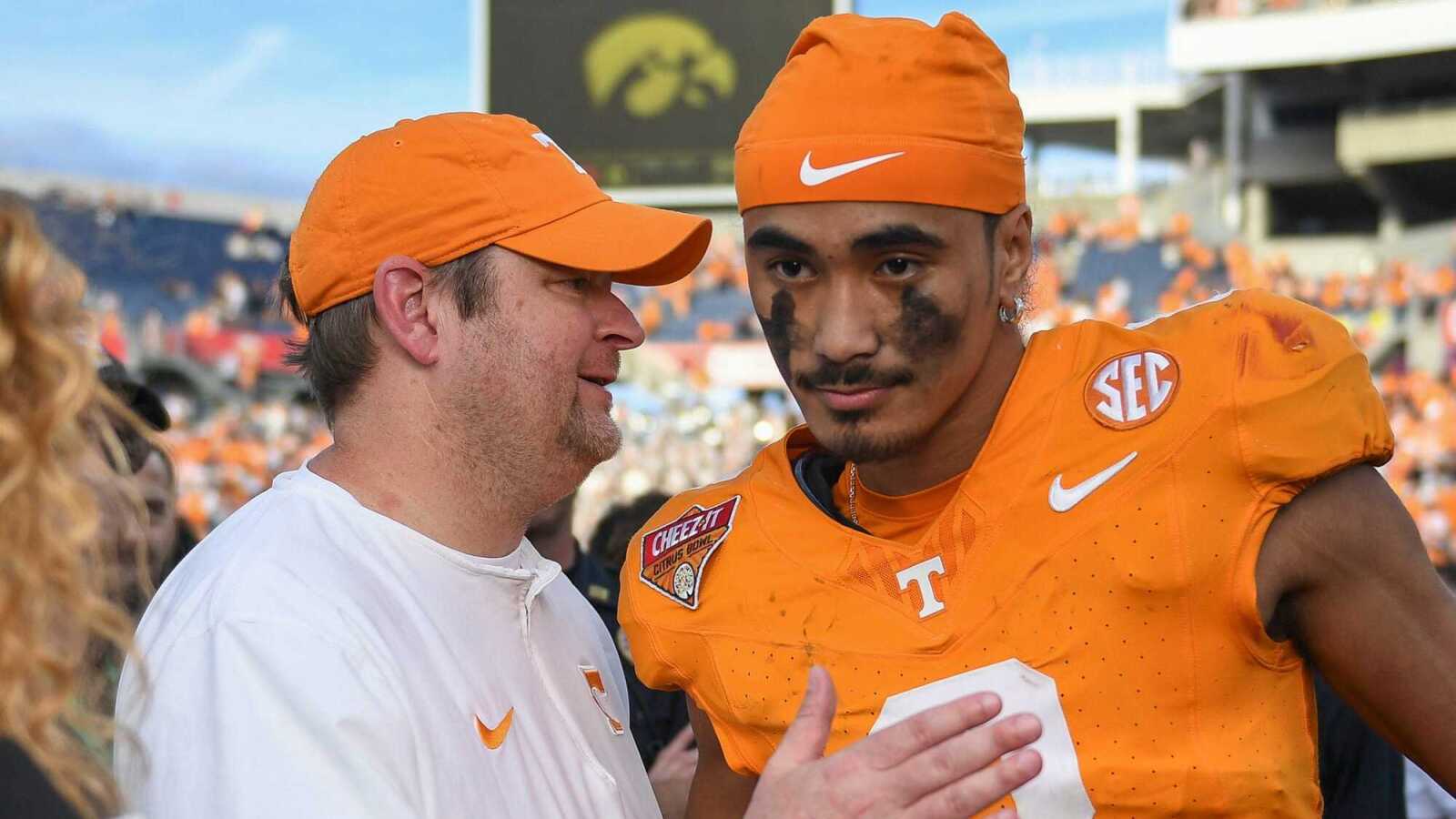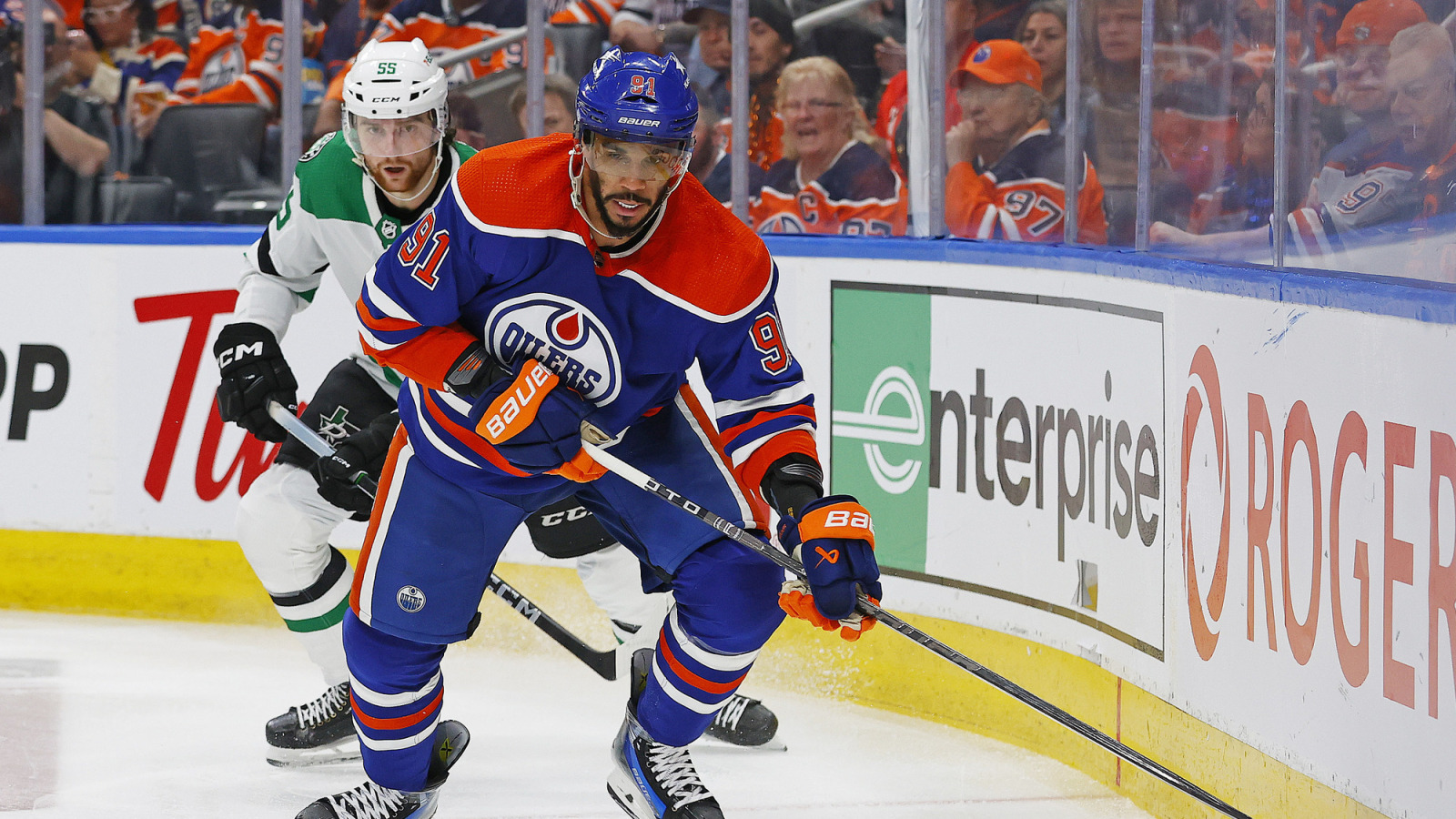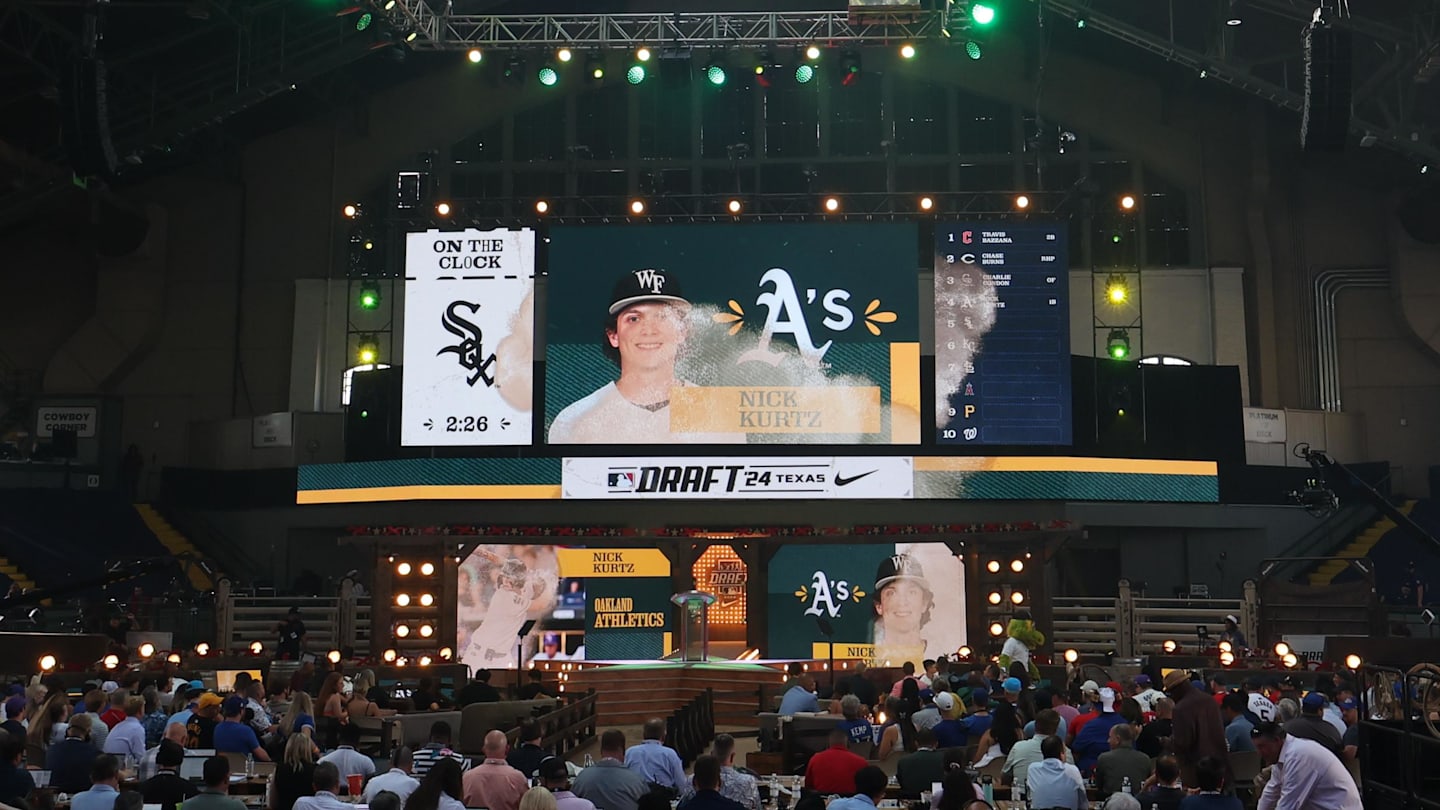
The landscape of college sports is rapidly changing, and a massive legal settlement expected to be finalized this summer could solidify those changes.
To pave the way, the NCAA is poised to eliminate 153 longstanding rules from its handbook, according to ESPN’s Heather Dinich.
Those rules were the primary barriers to educational institutions providing any benefits to student athletes, primarily monetary compensation.
With those regulations gone, schools could directly pay their players for things like NIL agreements and other benefits decided on and opted into by the institutions, including revenue sharing.
NCAA sports are quickly trending in the direction of resembling professional leagues like the NFL and NBA, while the era of amateurism is quickly fading into the past.
The most recent example of this came on April 12, when Tennessee decided to move on from quarterback Nico Iamaleava after he held out of spring practice and demanded more NIL money. Holding out for a better contract is a move typically seen in the NFL.
And when the spring transfer portal opened for basketball players on March 24, over a thousand student-athletes entered, breaking previous records. The vast majority chased better NIL deals or more playing time at their new homes.
A similar amount was seen on April 16 when the football portal opened, including Iamaleava. Free agency has arrived in college sports.
If and when the NCAA cuts its rulebook by the proposed amount, there will be a vacuum in which schools and conferences will have to find ways to protect student-athletes. There can be no repeat of the Iamaleava situation in Knoxville.
At least one NCAA regulation will remain in place, requiring athletes to be fully enrolled students before they are eligible for NIL agreements, per Dinich’s reporting.


